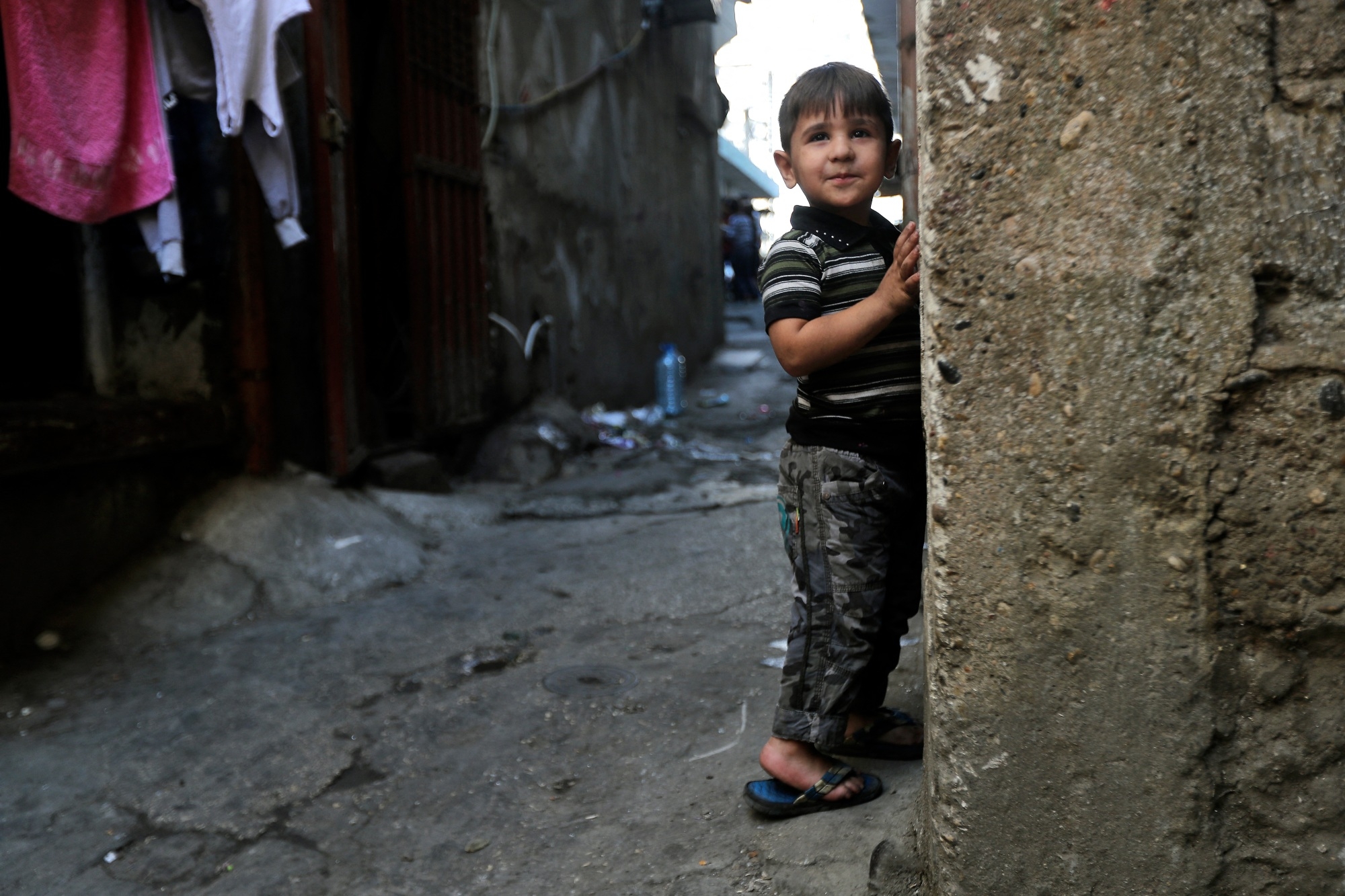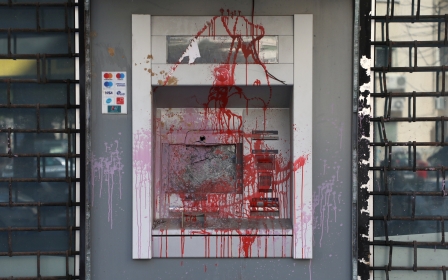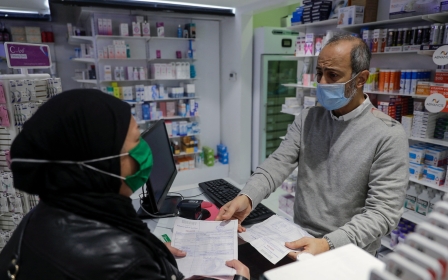Lebanon crisis: Children most as risk, Unicef warns

Children in Lebanon are particularly vulnerable as the country experiences one of the world’s worst economic crises in over 150 years, according to the United Nations Children’s Fund (Unicef).
Lebanon's currency has lost over 90 percent of its value since October 2019, leaving many people unable to afford basic necessities, hitting industry and devastating all sectors of the economy.
In a statement on Thursday, Yukie Mokuo, Unicef representative in Lebanon, said the crisis has impacted health and education in the country, leaving children with unstable prospects for the future.
“More and more families are being forced to resort to negative coping measures, including sending their children to work in often dangerous and hazardous conditions, marrying off their young daughters or selling belongings,” she said.
According to research and assessments conducted by Unicef, over 30 percent of children in Lebanon went to bed hungry in the past month, and 77 percent of households do not have enough money to buy food.
The situation was exacerbated for Syrian refugees in the country, where 99 percent of respondents said they could not afford enough food.
There are around 1.5 million Syrian refugees in Lebanon - making up around 12 percent of the country's population. Already living in precarious circumstances, they have been among the hardest hit by the current crisis.
Children forced to work
The lack of social assistance and support for families has forced many children in the country to work in order to make ends meet.
Unicef found that 15 percent of families have stopped their children’s education, in order for them to enter the workforce.
Multiple crises, including the 4 August Beirut port blast, which killed over 200 people and severely damaged entire neighbourhoods of the capital, political instability and a surge in Covid-19 cases have contributed to the current state of collapse.
The situation is having a pronounced impact on the mental health of people in the country.
According to Unicef, 80 percent of caregivers in Lebanon said their children suffered from difficulty concentrating on their studies at home, which has been linked to hunger or mental distress.
The agency reiterated calls for immediate action to alleviate suffering in Lebanon.
“Children’s well-being and safeguard must be a top priority to ensure their rights are met under any circumstance. Lebanon cannot afford children to be nutritionally deprived, out of school, in poor health and at risk of abuse, violence and exploitation,” Mokuo said.
Mounting anger and unrest
In recent weeks, frustration has mounted both online and in the streets, as people vent their anger at Lebanon's political class and the difficulties in carrying out daily tasks.
Hospitals, pharmacies, petrol stations and banks have all been impacted by the crisis.
Some hospitals are ruling out elective procedures and only performing emergency surgeries in order to ration what is left of medical supplies.
The worsening conditions have led angry protesters to set up roadblocks in some areas, while tensions at petrol stations have led to shootings in some parts of the country.
Earlier this month, government offices, banks, shops and businesses took part in a strike across Lebanon, demonstrating against the country’s economic crisis and corruption amongst the political class.
Middle East Eye propose une couverture et une analyse indépendantes et incomparables du Moyen-Orient, de l’Afrique du Nord et d’autres régions du monde. Pour en savoir plus sur la reprise de ce contenu et les frais qui s’appliquent, veuillez remplir ce formulaire [en anglais]. Pour en savoir plus sur MEE, cliquez ici [en anglais].





